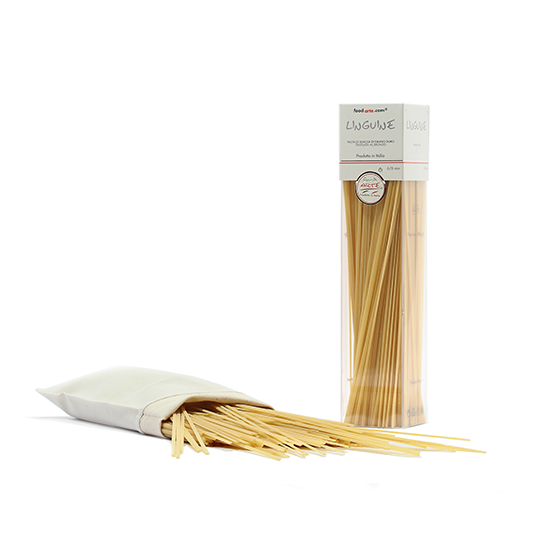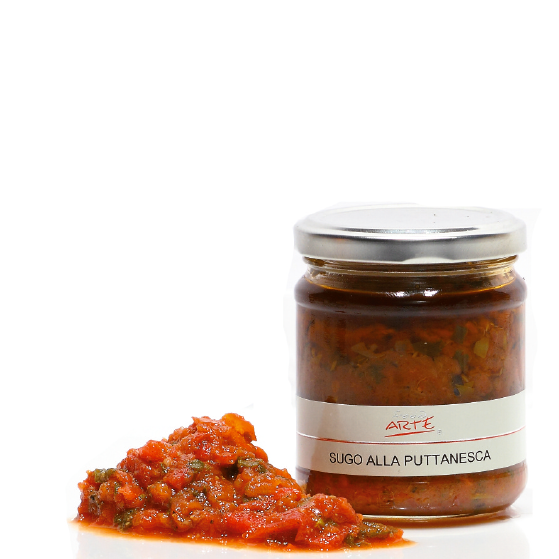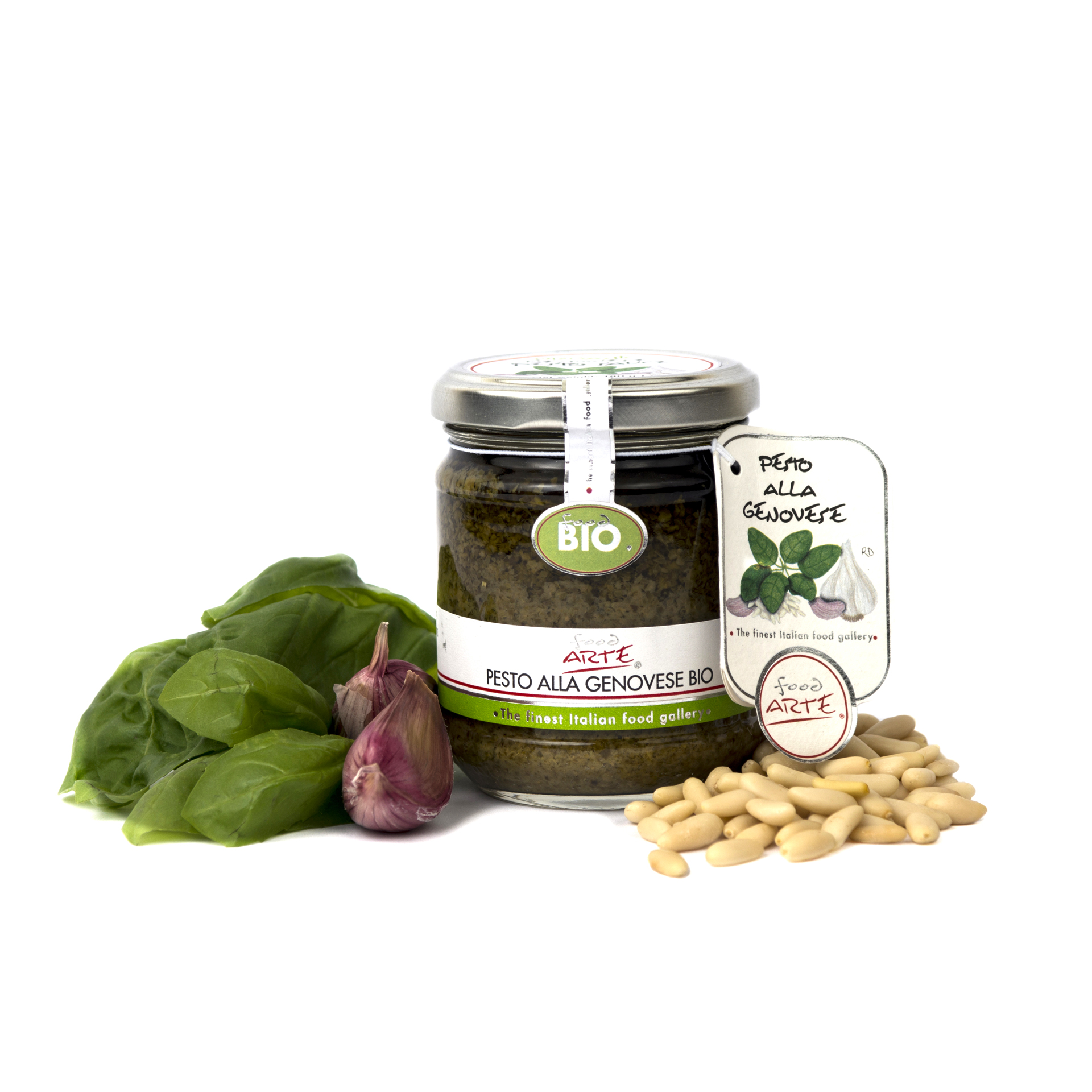FOOD ARTE
LINGUINE
When the Greeks founded Naples in VIII Century BC, they adopted a dish prepared by the natives, a sort of pasta made with barley-flour and water and dried in the sun which they called “macaria” very close to what today is called “maccheroni”. There are references to pasta in Roman times starting in the III century b.C.; following this, in Cicerone’s works dating to the 1st Century b.C. we find him writing about his passion for “laganas” that were sheets of pasta made with wheat flour and water, very similar to what today we call “lasagna”.
2,83$ exc. VAT:
15% Off
Out of stock
Additional information
| Weight | 0,520 kg |
|---|---|
| Dimensions | 6 × 6 × 29 cm |
| Ingredients | Durum wheat semolina, water |
| Recipe | Cook the Linguine pasta in the salted water you have already used to cook diced potatoes and French beans. When the pasta is ready, drain it and put in a large bowl where the potatoes and the beans are already, and add the Pesto Sauce. To serve add a few leaves of Basil and sprinkle with Parmesan cheese. |
| Curiosity | Pasta contains considerable amounts of minerals such as magnesium, iron, calcium, potassium, zinc, selenium and manganese. |
| Seasonality | All year |
| Gross weight | 520 g. / 18.3 oz. |
| Net weight | 500 g. / 17.6 oz. |
| Shelf life | 24 months |
| Reg |
YOU MAY BE INTERESTED IN






